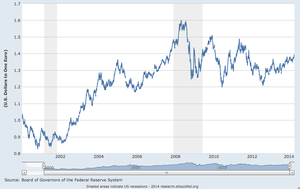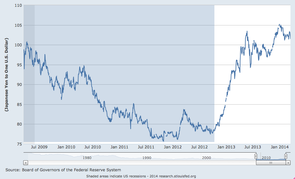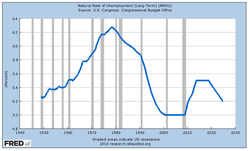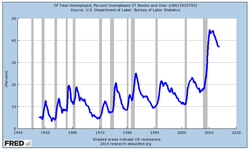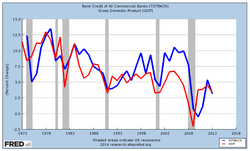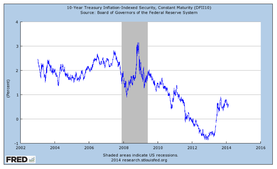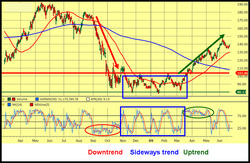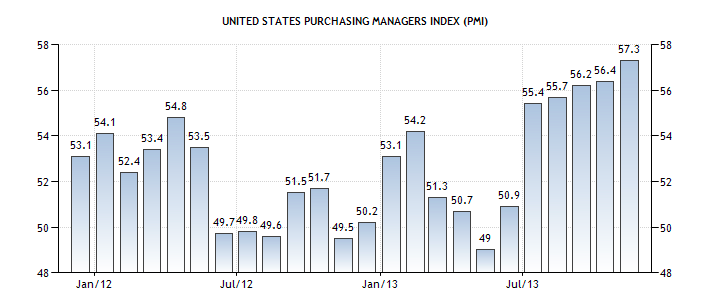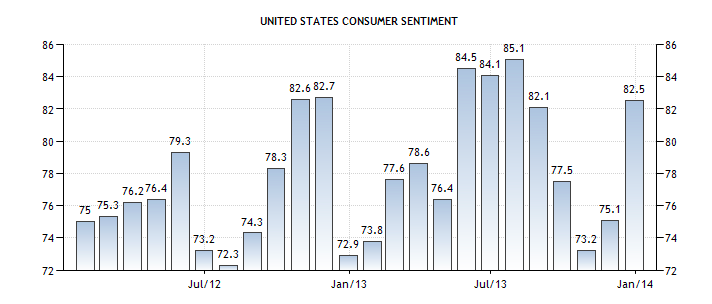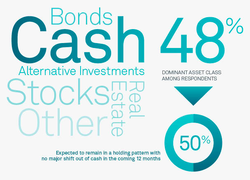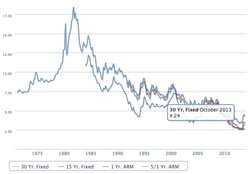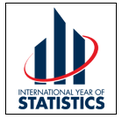If there's a discrepancy between beneficiaries named on your financial accounts and those named in your will, your financial accounts will prevail. So while a will is an important part of your estate plan, you also need to update your beneficiary designations to make sure you don't inadvertently leave something to an unintended recipient, such as an ex-spouse.
Good debt is low interest and tax deductible, such as a mortgage.
Bad debt is high interest and non-deductible—think credit cards.
Your personal circumstances and tax situation will help determine how much debt to eliminate and when. Credit card debt should always be the first to go.
Do you have young children? Are you supporting other dependents? Do you own a small business? Or do you have significant liabilities that will continue after you die? If you answered yes to any of these questions, life insurance may make sense. Otherwise, it could be a waste of money.
If you wait to take your benefits starting at age 70, they will be 76% higher than if you start at age 62. Of course, you also have to factor in your current needs, health, spousal benefits and family history of longevity before you make this important decision.
It sounds right because younger people have a lower premium. But on the other hand, you'll be paying that premium for a longer period of time, increasing the total cost. Bottom line? If you're in good health, the ideal time to consider long-term care insurance is between ages 50 and 65.
While it's often recommended that you decrease the percentage of stocks in your portfolio as you get older, keeping a certain amount in a combination of stocks, stock mutual funds and exchange-traded funds (ETFs) is good protection against inflation no matter your age. You don't want to risk money that you'll need in the short-term, but there's such a thing as being too conservative—especially if you anticipate a long retirement.
A 401(k) loan should be a last resort unless it's an emergency. First, you're immediately depleting your retirement savings. Second, you're risking taxes and penalties if for some reason you can't pay it back on time. Third, if you leave your job for any reason, you'll need to pay back the loan ASAP. And finally, regardless of when you pay back the loan, you do so with after-tax dollars, which gets taxed again when you withdraw the money in retirement.
Absolutely not true! You likely have 15-plus years of saving ahead of you. More than a third of working Americans don't plan to retire until 70. If you save diligently and take advantage of catch-up contributions for both 401(k)s and IRAs, those extra years can make a significant difference in your financial future.

- If all of this seems obvious to you, right on. See you on the beach.
- Don't take anything for granted.
- The financial world continues to change, daily, and challenge us all.
- Continue your research and analysis.
- The entire household should understand & share responsibility for money management.
- Knowledge and responsibility should be passed down to your kids.
- Create enduring control of their own financial reality.
- Sua Sponte

